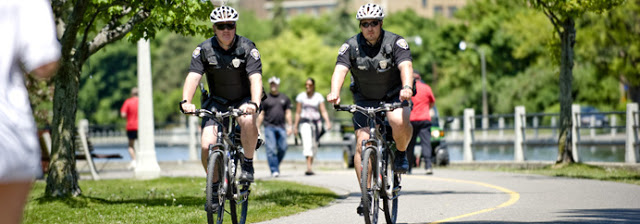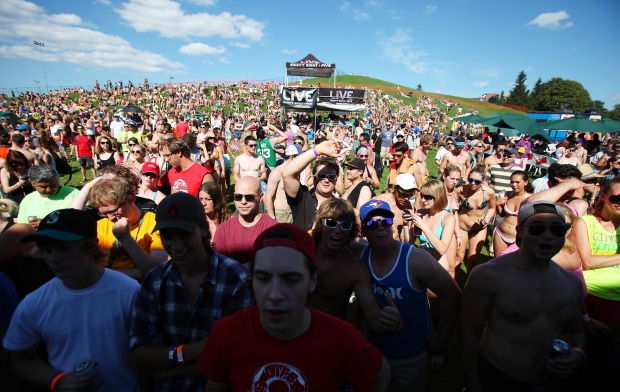“Nothing beats the summer heat like an ice cold beer” was once the original slogan of the Hope Summer Festival when it began in the pre-prohibition age of 1911. In its early days, John Hope, its creator and his colleagues would spend a weekend at Mooney’s Bay Beach drinking beer and listening to records. In the following years, and as technology progressed, the event grew from six dudes discretely day-drinking on a desolate beach to at least fifteen or sixteen friends trying different beers from the area.
When World War II came, most of the attendees of the underground event did not come back home meaning the Hope Summer Festival had come to an end. All Hope was not lost though. In the mid-1970s a student, Gordon Hope (no relation to John Hope) was researching the history of Ottawa’s beaches when he discovered a diary of one of the original members of Hope’s Summer Festival and in it, the whole story of the original festival. He gathered his friends and headed to the beach where they began the tradition or drinking beer and listening to music on the beach.
In 1982, an entrepreneur, Bob Hope (no relation to John, Gordon, or The Bob Hope) wanted to help build the event into something that could generate revenue and he, with the help of Gordon, transformed the Hope Summer Festival into the Hope Summerfest. They gathered sponsors and the beer tents and beach chairs sprang up. In 1983, they added a stage and began attracting musicians from around the area. The festival has exploded to what it is known as today.
Bob Hope still maintains his chair on the board of the festival. The craft beer revolution of the last half-decade has given Bob some real hope for the festival’s future too. “We’ve been calling as many of the local craft breweries as we can to come out to the beach and sell their products. It makes us proud to be a pillar of the craft beer community. The same goes for musicians. All our musicians are Canadian, and they will remain that way. Hope is a Canadian festival for Canadians to come out to the beach, have a few beers and listen to some great live music. Plus, it’s for charity.”
When asked about the presence of volleyball at the festival, Hope says, “Oh yeah, that happens too.”





